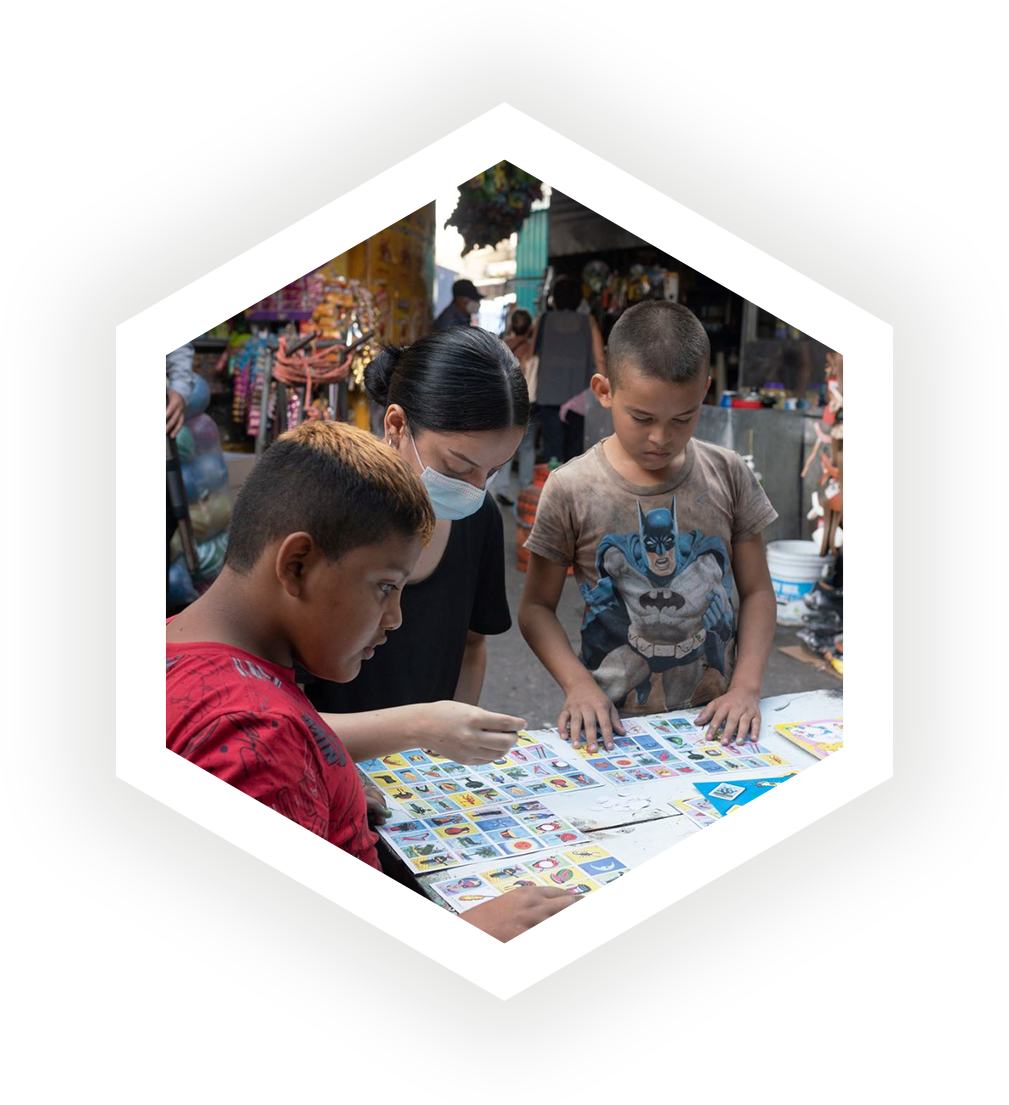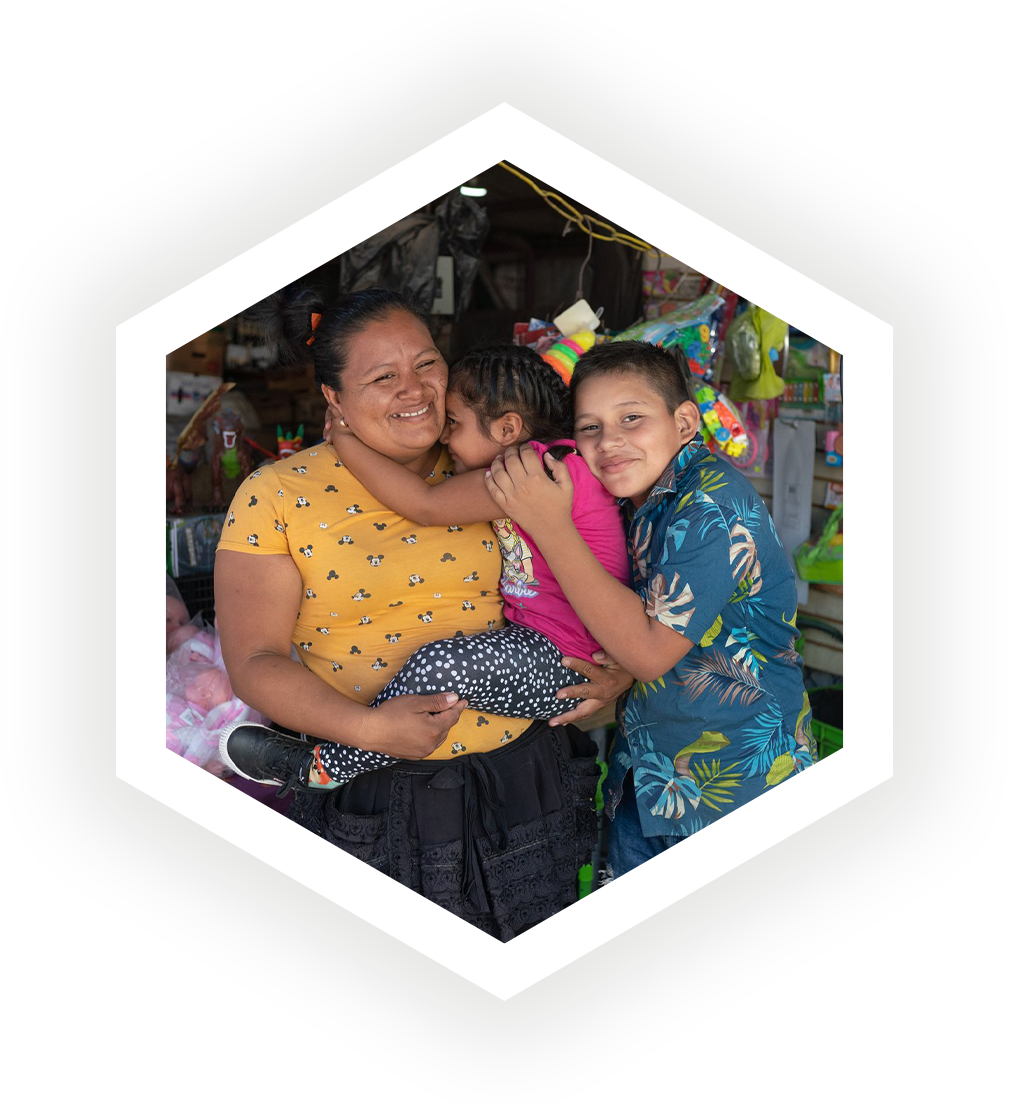The challenges
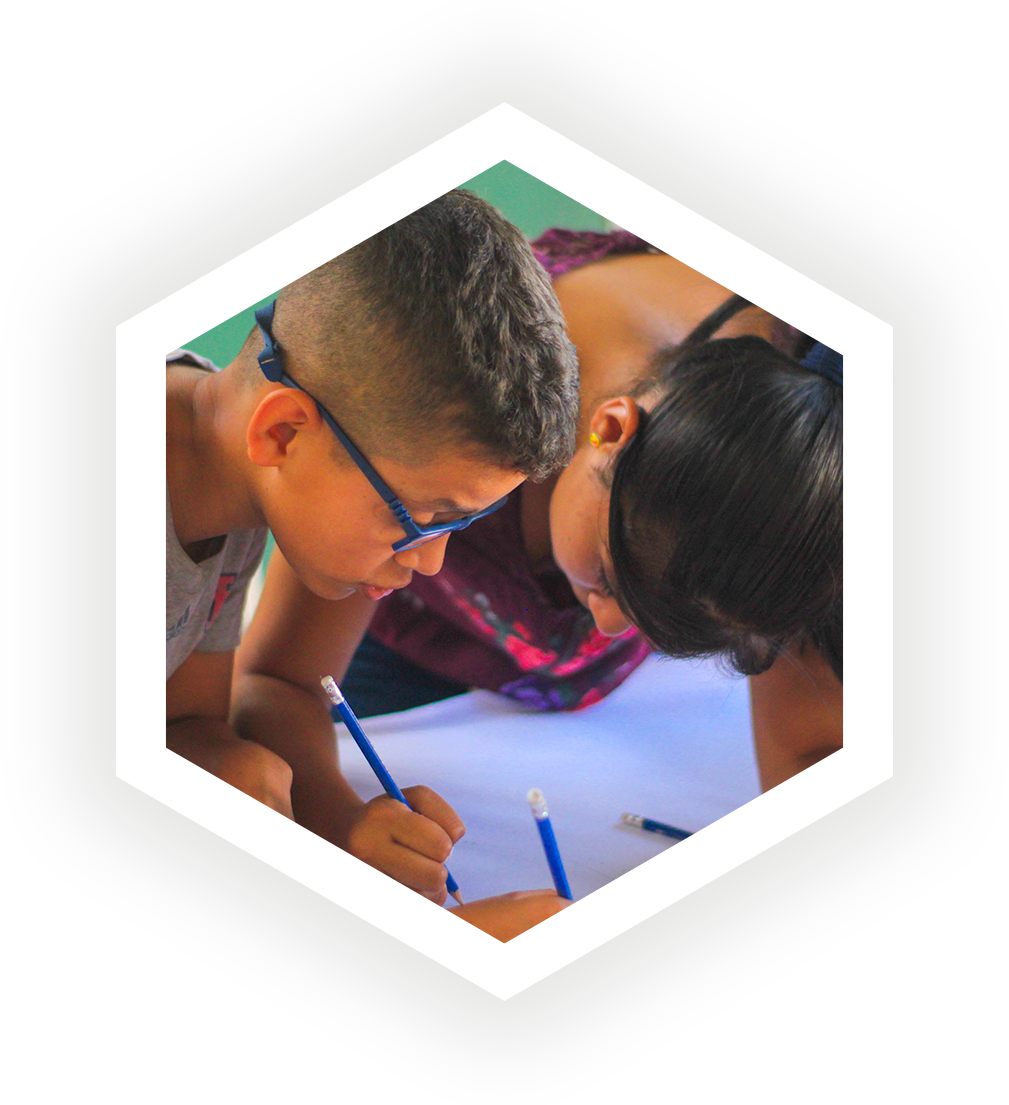
Limited learning opportunities
Learning poverty is prevalent in El Salvador, with only 34% of high school graduates reading and understanding a simple text. During the Covid 19 pandemic, 1.3 million children were affected by containment measures which resulted in a 13-month closure of schools, further exacerbating the country’s existing learning crisis. The latest assessment by the Ministry of Education highlighted that address changes, migration, job searches, gang threats and adolescent pregnancies are the leading causes for school dropout. The rate of school dropout rises particularly from age 11, which coincides with the age range in at which human rights violations increase. As children reach puberty, gangs are more likely to want to recruit or abuse them.
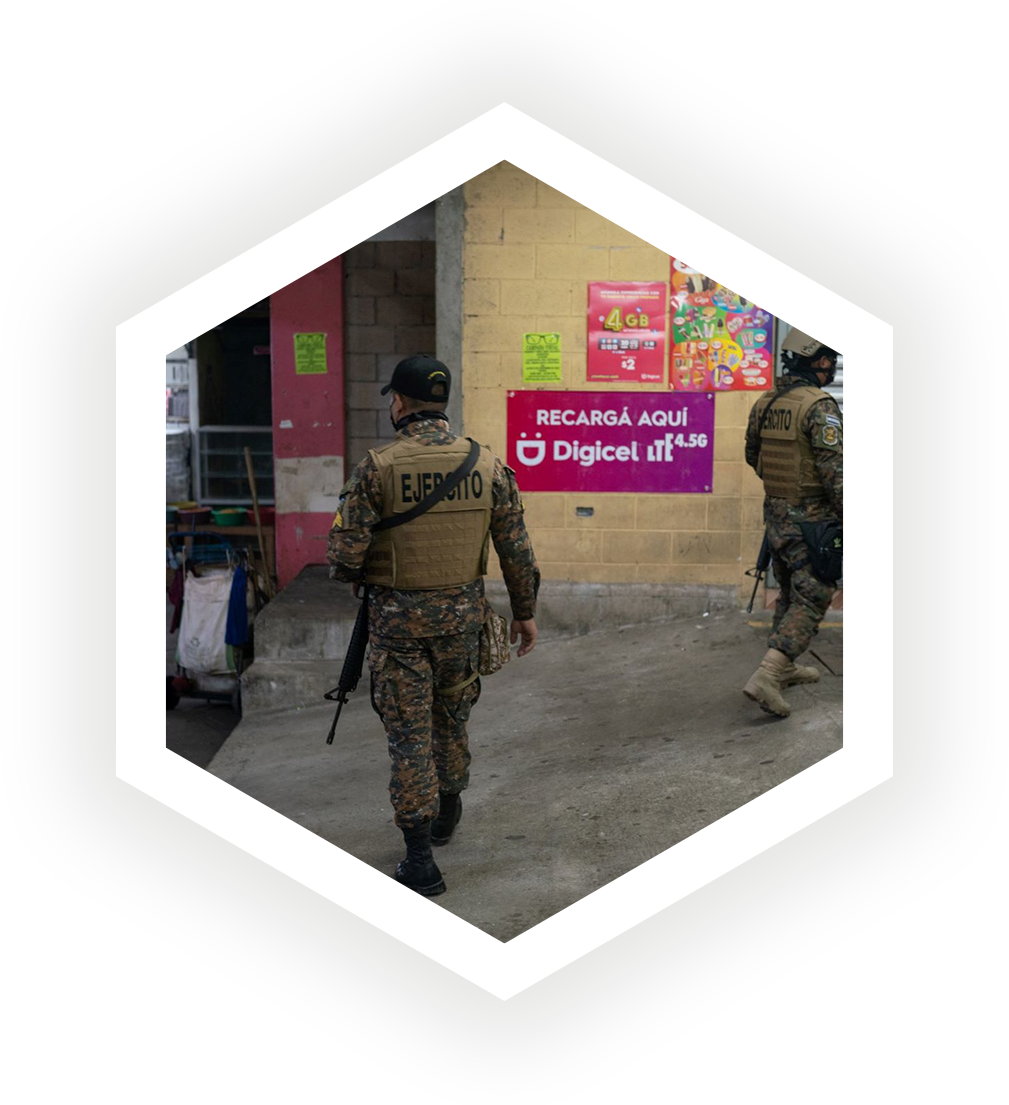
Gangs
In the decades since its civil war, El Salvador has experienced high rates of community violence, mainly due to gang activities and organised crime, which disproportionately victimise children and young people. Salvadoran gangs are known to forcibly recruit children, putting them at risk of falling into a lifetime of crime. High rates of violence also significantly threaten the well-being and safety of Salvadoran children.
Read moreIn March 2021, El Salvador’s President embarked on a crackdown on gang violence, declaring a ‘state of exception’. The emergency measures introduced, suspended certain constitutional rights. In total, eight reforms were pushed through the congress at this time, including the ability to sentence minors aged between 12 and 16 for up to 10 years in prison for gang-related crimes. In reality, it is likely that many innocent young people will have been wrongfully arrested due to the government's tough approach, with children and young people on the streets becoming even more vulnerable to being wrongfully caught up in the government's crackdown on crime.
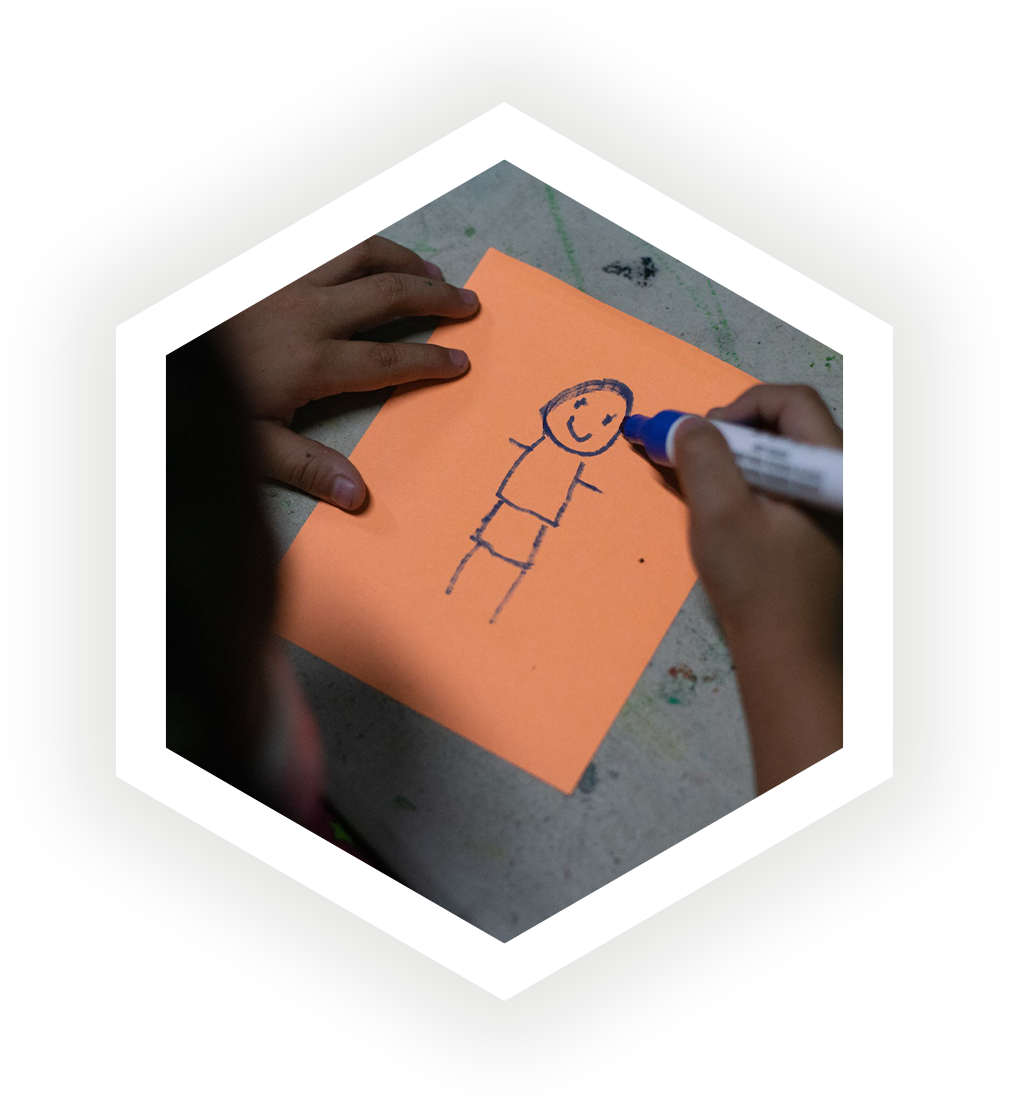
Violence and abuse
In El Salvador, both boys and girls experience unacceptably high rates of sexual and physical violence. Findings from the latest national survey on Violence Against Children conducted by the Ministry of Justice in 2017 highlighted that one in five males and one in three females experienced any type of violence, representing a substantial portion of Salvadorian youth. Physical violence was the most common type of violence experienced in childhood, affecting about 20% of females and males. In addition, shortfalls in specialised services for children and young people pose barriers to their protection and community reintegration. Among girls who have experienced sexual violence, less than 15% of girls and 0% boys received help.
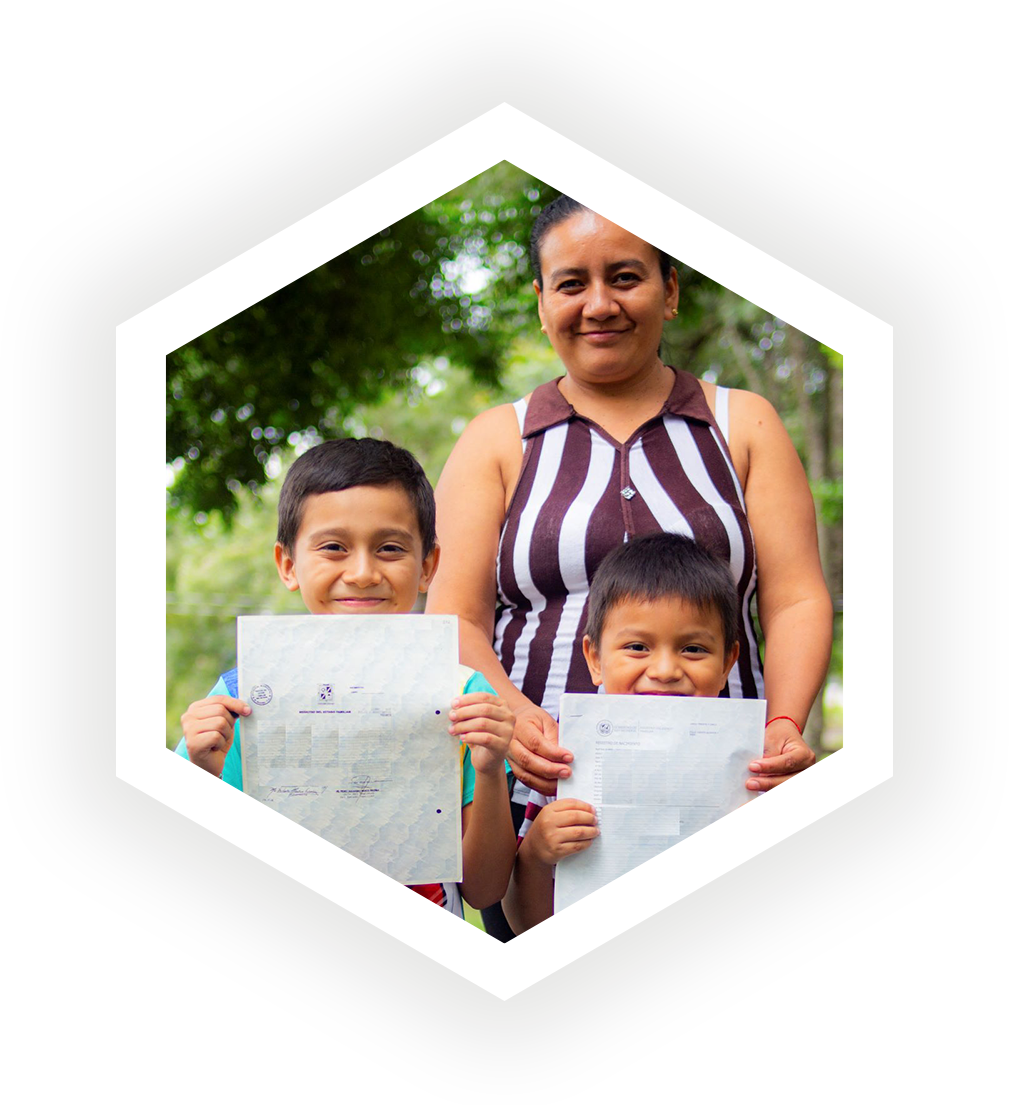
Birth registration
Approximately 670,000 children are not registered in El Salvador. Children who are not registered in El Salvador can enrol into school however they cannot sit or pass exams, move from grade to grade, or progress from primary to secondary school. Without a birth certificate, young people upon turning 18 cannot register for an identity card which means fewer opportunities to access legal employment, exclusion from opening a bank account and issues when applying for housing.
Read moreIn El Salvador, there are two processes for retrospectively registering a child – late settlements (90 days to 7 years) and subsidiary at birth (age 7 and older). The late settlement process takes from one to four months to complete. But for those over 7 years of age, the process becomes a lot more complicated and can take anywhere from six months to more than a year to complete. The costs can also be between $800 and $1,500, which are prohibitive for many families.
